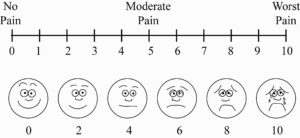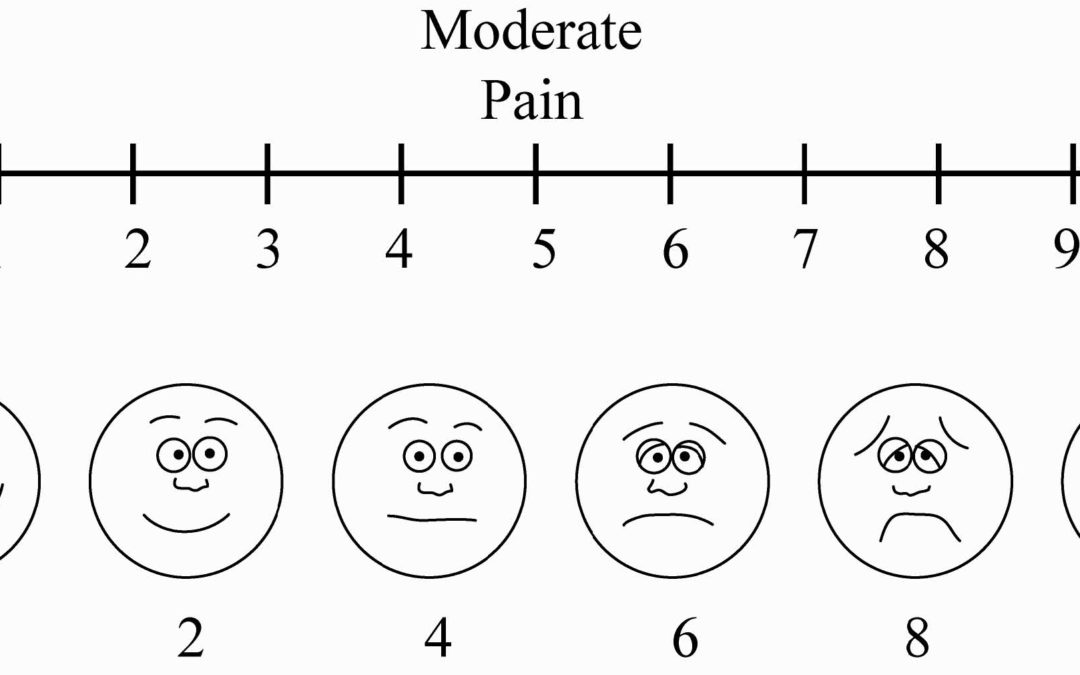 Five years ago I was rear-ended on the way to meet the school bus to pick up my two kids and my sister’s son. I was dressed to the nines for an awards event, and I’d left my fancy purse with my phone in it at home, where I had a little bit more primping to do.
Five years ago I was rear-ended on the way to meet the school bus to pick up my two kids and my sister’s son. I was dressed to the nines for an awards event, and I’d left my fancy purse with my phone in it at home, where I had a little bit more primping to do.
Though I was in pain and shock, I flipped into action. I borrowed a phone from a sympathetic bystander, asked the first responders when they arrived whether or not I needed medical care, and negotiated with the school bus driver (also a family friend) to get my son fed and to his rehearsal and the others home. He helped me remove a dangling part of the car bumper and would have driven me home — Except I decided to drive myself.
That bears repeating: I was rear-ended and I decided I had to drive my damaged car and body home.
I have a partner, as does my sister. There were four adults in my immediate circle who could have driven the car, and only one of them had whiplash. Yet it seemed to me in that moment silly to leave the car behind when I was on the spot, and I didn’t want to inconvenience anyone else, not any more than I had already inconvenienced the person whose phone I borrowed, the first responders, my kids, my friend the bus driver, and myself, all dressed up and unable to go out.
The next day, that decision seemed crazy. Wrong. Misguided. So I made a new decision: To accept all gifts and offers of help. Beyond that, to ask for help when I needed it. Beyond that, to make sure that I wasn’t trying to take care of everything and fix the world when the world slammed into the back of my car and I WAS THE ONE WHO NEEDED TAKING CARE OF.
Accepting all gifts focused me in various ways. One was that I got as much care as necessary to not just feel “pretty much okay,” but to have 0 pain on the 0-10 scale, and to make sure the insurance companies covered all of it. Another was that I started to graciously accept the offer of helping me out to the car with my groceries, an offer I had routinely rejected given my overall fitness.
Recently, I’ve been reminded of the necessity of not only accepting help but asking for it. Since last October, I’ve been experiencing serious anxiety and depression which appeared at almost the same time as lateral epicondylitis (“tennis elbow“). Many kinds of pain, no easy answers — and nothing I could handle on my own.
Yet I toughed it out. About a month for the elbow, about two months for the psyche. Even now that I’m getting regular treatment for both and both have improved, I find it difficult to ask for help. I find it difficult to accept offers of help — yet I know I must, if I am to truly take care of myself. That sounds contradictory if not utterly dissonant in my head, but in practice taking care of yourself doesn’t meant being entirely independent. Accepting help builds trust and community. Rejecting help stops the flow of joy before it can be realized.
So I accepted a box of groceries when I expressed worry about making it to the next pay period. And an offer of coaching proffered on a day when I thought I couldn’t stop crying. And half a chocolate bar, and my husband’s continual reheating of my homemade heating pack.
I can accept, it seems, somewhat better than I can ask. There’s always going to be a moment for me of gift-horse-mouth-checking, deep breathing, concern about what threads might be attached and where they might be and so forth and upward and onward. Gee whiz.
No wonder I’m exhausted today. No wonder I barely have the wherewithal to look realistically at the other kind of gifts: the gifts within me that I’m generally prepared to share with the world. I say “generally” for accuracy and to contrast with “specifically now” when I want to share but am not prepared. The preparation necessary is beyond me, more now than at almost any other time in my life (besides, perhaps, my postpartum depression, which I didn’t even recognize or treat, I was so depressed).
Somewhere underneath a thick layer of turbulence (to mix a bad metaphor cocktail) I truly do want to share what I’ve got, and I know on an intellectual level that I’ve still got it, and that sharing my gifts multiplies them. Here: a moment of pure marketing: if you want to share my gifts, start with a complimentary Writing Strategy Session, which I created and named when I still had my get up and go. I’ll get up and go with you. All you have to do is ask for what you need.
Composition note: Two things of note happened in the process of writing this. First, I asked people on social media for a cleaned-up version of “cock-blocking” (for talking about the problem of stiff-arming — there’s one! — a proffer of help). The other thing is that I had a think about the use others could make of my depression, my writing about it. I still struggle with this and have no fixed or even temporary answer, but I think I’m really onto something thematically here that I will need keep to exploring: the significance of being able to offer and ask for help. To accept help without feeling weak. To engage in an interreliant community.
Oh, and one more thing: As I move toward greater transparency and openness in my life, I’m talking more and more about my emotional problems / mental illness / breakdowns. I have no shame around this, only other forms of discomfort that are equally dumb.
And just one more thing, before I go: Repetition is what artists DO. I know, you didn’t say there was anything wrong with me writing about the same thing over and over; I can carry on that dialogue just fine without anyone outside of my head. But artists sketch or paint the same view or face over and over, and musicians explore themes, and dancers shake the same booty muscle. I will be writing about the materials close at hand, always, and if you ever run out of something new, try going back to something old and refresh it.
I’m so grateful to you, my readers. Please don’t hesitate to reach out for a free writing consultation; I love you and want to know what you’re struggling with. Or comment below; I read every comment.

